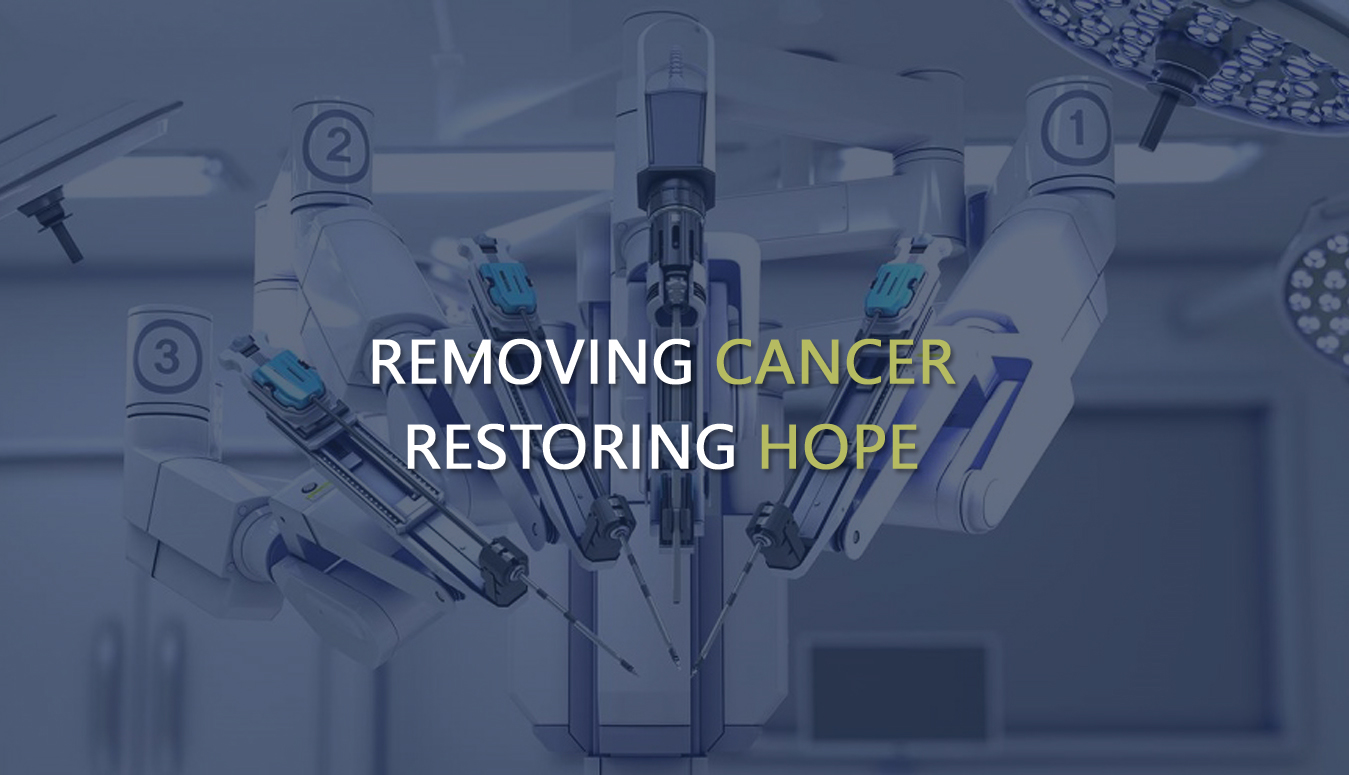Sublingual Gland Excision for Salivary Gland Cancer
Introduction
Salivary gland cancer, though relatively rare, can pose significant health challenges due to its complex anatomical location and the vital functions of the glands. Among these, the sublingual glands, located beneath the tongue, can be affected. Addressing this condition requires specialized surgical interventions. Dr. Yash Chaddha, a distinguished Head & Neck Oncosurgeon at NHMMI Narayana Superspeciality Hospital in Raipur, Chhattisgarh, offers advanced sublingual gland excision procedures to treat this form of cancer effectively.
Understanding Sublingual Gland Cancer
The sublingual glands are the smallest of the major salivary glands and are responsible for producing mucous saliva. Cancer in these glands can manifest as a lump or swelling beneath the tongue, pain, difficulty swallowing, or changes in saliva production. Early diagnosis and precise treatment are crucial to improving outcomes and preserving the quality of life for patients.
Dr. Yash Chaddha: Expertise in Oncosurgery
Dr. Yash Chaddha is a renowned Head & Neck Oncosurgeon specializing in surgical oncology and robotics. With a focus on minimally invasive techniques, Dr. Chaddha combines his expertise in traditional surgery with the latest advancements in robotic-assisted procedures. His extensive experience and commitment to patient care make him a trusted name in the field of oncosurgery.
The Sublingual Gland Excision Procedure
Sublingual gland excision is a surgical procedure aimed at removing cancerous tissues from the sublingual glands. The process involves several critical steps to ensure precision and minimize complications:
- Preoperative Assessment: Dr. Chaddha conducts a thorough evaluation of the patient's medical history, imaging studies, and biopsy results to determine the extent of the cancer and plan the surgical approach.
- Anesthesia: The procedure is performed under general anesthesia to ensure patient comfort and safety.
- Surgical Approach: Depending on the tumor's location and size, Dr. Chaddha may use a transoral or transcervical approach. The transoral approach involves accessing the gland through the mouth, while the transcervical approach involves an incision in the neck.
- Tumor Removal: Using precision instruments and, when applicable, robotic assistance, Dr. Chaddha meticulously excises the cancerous tissue, ensuring clear margins to reduce the risk of recurrence.
- Reconstruction: In cases where significant tissue removal is necessary, reconstructive techniques may be employed to restore function and appearance.
- Postoperative Care: After the surgery, patients are closely monitored for any complications, and a comprehensive rehabilitation plan is provided to support recovery.
Advantages of Robotic-Assisted Surgery
Robotic-assisted surgery offers several benefits over traditional surgical methods, particularly in complex head and neck procedures:
- Enhanced Precision: Robotic systems provide superior dexterity and precision, allowing for meticulous removal of cancerous tissues while preserving surrounding healthy structures.
- Minimally Invasive: Smaller incisions result in reduced blood loss, less postoperative pain, and faster recovery times.
- Improved Outcomes: Patients undergoing robotic-assisted surgery often experience better functional and cosmetic outcomes, reducing the impact on their quality of life.
Postoperative Care and Follow-Up
Successful recovery from sublingual gland excision involves attentive postoperative care and regular follow-up appointments. Dr. Chaddha and his team provide comprehensive support to ensure patients heal effectively and regain normal function. This includes:
- Pain Management: Appropriate medications and techniques are used to manage postoperative pain and discomfort.
- Nutritional Support: Dietary adjustments and guidance are provided to help patients maintain adequate nutrition during the recovery phase.
- Speech and Swallowing Therapy: Specialized therapy may be recommended to address any difficulties with speech or swallowing that arise from the surgery.
- Regular Monitoring: Follow-up visits are scheduled to monitor healing, assess for any signs of recurrence, and address any concerns patients may have.
OPD Services
Dr. Yash Chaddha extends his expertise beyond NHMMI Narayana Superspeciality Hospital by offering OPD services every 1st and 3rd Saturday at Metro Balaji Hospital in Raigarh, Chhattisgarh. This initiative ensures that more patients have access to specialized care for salivary gland cancer and other head and neck conditions.
Conclusion
Sublingual gland excision is a critical procedure for treating salivary gland cancer, requiring the skill and precision of a seasoned oncosurgeon. Dr. Yash Chaddha's proficiency in both traditional and robotic-assisted surgical techniques ensures that patients receive the highest standard of care. By choosing Dr. Chaddha and his team at NHMMI Narayana Superspeciality Hospital, patients can trust that they are in capable hands, with access to cutting-edge treatments and compassionate care.
If you or a loved one is dealing with salivary gland cancer, consider scheduling a consultation with Dr. Yash Chaddha to explore your treatment options. His commitment to excellence and patient-centric approach make him a leading choice for oncosurgical care in Raipur and Raigarh, Chhattisgarh.
 help
help


